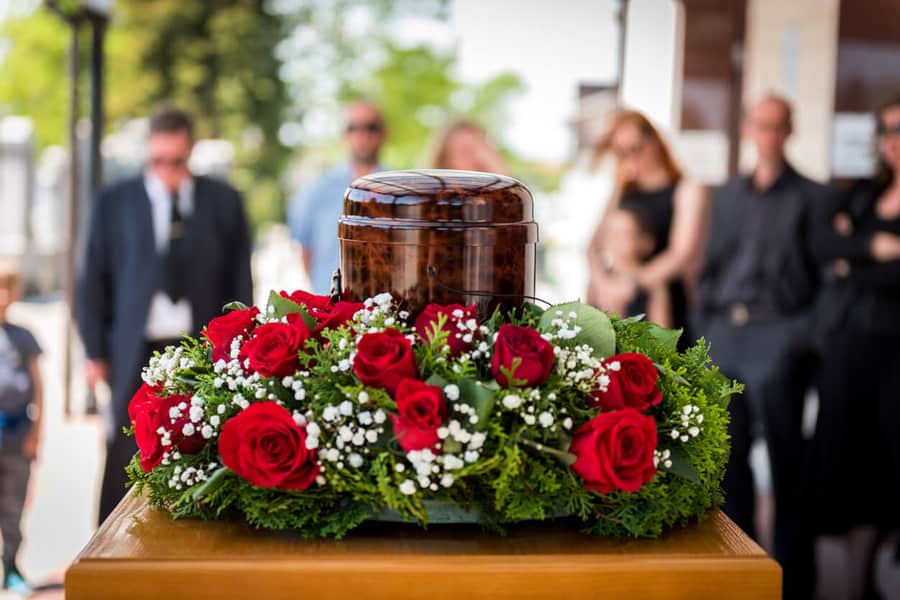Who Can Legally Arrange a Funeral?
As professionals with a long-standing presence in the British funeral industry, here at Newrest Funerals, we respond to all sorts of different wishes following the death of a loved one. Our job is to make sure that you get the sort of service you want in a way that suits your wishes and that of the deceased – if they told you about any preferences they had in mind before they died, that is. However, we also understand that there are disputes sometimes about what should be included in a funeral plan and what should not.
Typically, this will be because one family member wants the funeral to be a certain way while another would prefer to choose a different path. In the end, a compromise solution is usually the best way to resolve differences of opinion but it may also come down to who has the legal right to make the arrangements. Read on to find out what the law says about organising a funeral.

Who Has the Legal Right to Arrange a Funeral?
If you are planning your own funeral in advance, then you have the legal right to make all of the plans and to put them together in such a way that your wishes will be met in full at the appropriate time. At Newrest Funerals, we have a great deal of experience in this area and can guide you if you want to make all of the arrangements yourself.
If there is no funeral plan to follow, then the executor(s) of the deceased’s will have the legal right to make the funeral arrangements as they see fit. Of course, not everyone leaves a will behind. If there isn’t one in your case, then the so-called rules of intestacy will apply meaning that it will usually be the spouse or direct descendent of the deceased who is appointed to administer on behalf of their estate. This means they will have the legal right to make all of the funeral plans.
Note that it is sometimes the case that executors are not family members but trusted friends instead. If so, it is common – but not universal – for executors to step aside and allow close members of the family to arrange the funeral. If so, they usually only have to step in to settle family disputes that can’t be resolved another way.
What About Legal Challenges?
If you think that either the administrator of the estate or the executor of the will have been unreasonable in their approach to the funeral plans, then you can seek a court hearing. This is likely to be costly and upsetting but it is worth knowing that this is your legal right. Under these circumstances, a judge will decide whether or not the arrangements have been made reasonably. The preferences of the deceased – as expressed in their will – will be taken into account. That said, for the purposes of court proceedings, wills are not legally binding if the judge decides that subsequent action with respect to the funeral has been reasonable.


